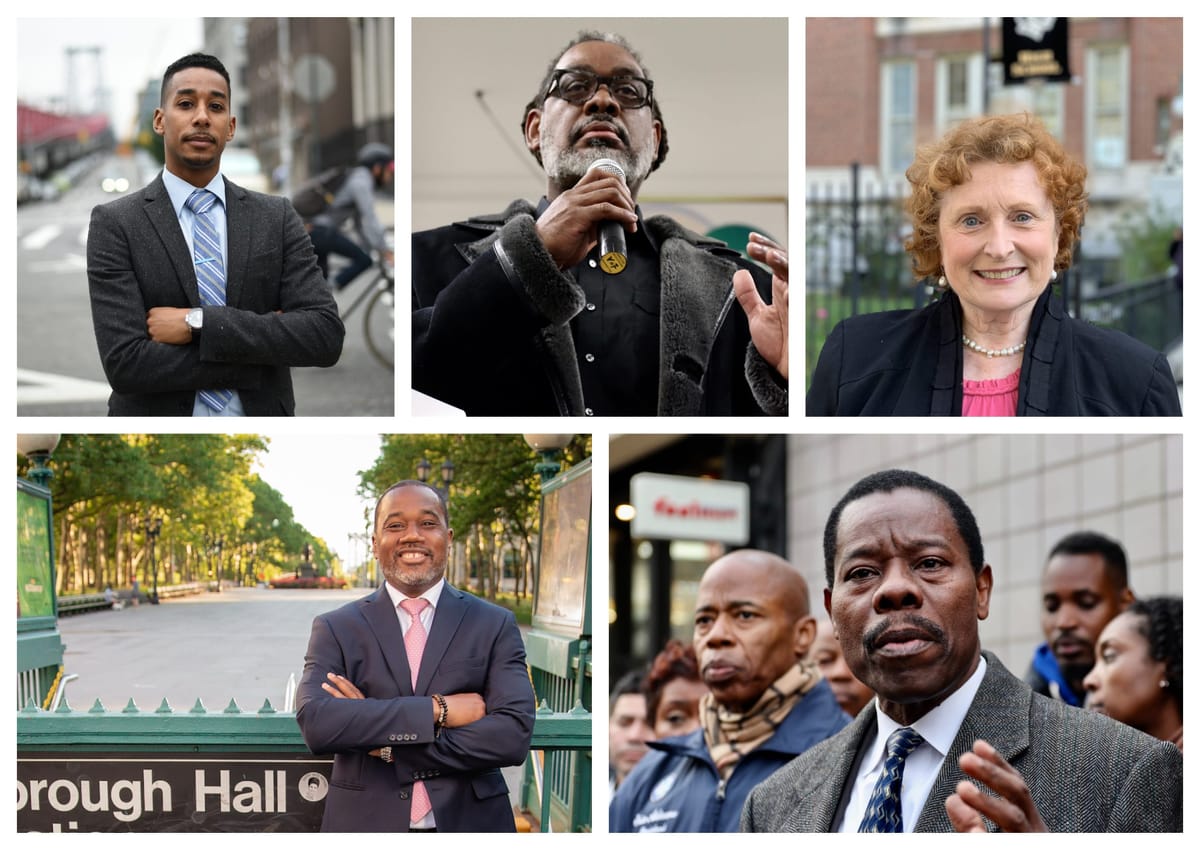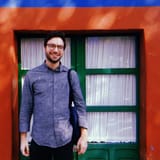Brooklyn Borough President Candidates Talk Yeshiva Regulation at Forum


At a virtual forum Thursday afternoon, five leading candidates for Brooklyn Borough President weighed in—or demurred—on a hot-button issue for Brooklyn’s Orthodox Jewish community: how strictly to regulate secular education in the city’s yeshivas.
The candidates—Council Members Antonio Reynoso, Robert Cornegy and Mathieu Eugene, along with Assembly Member Jo Anne Simon and former Brookdale Hospital executive Khari Edwards—tackled the thorny issue at an event organized by Agudath Israel’s Agudah Voting Project and the Flatbush Jewish Community Coalition.
The fight over how much math, science and English education the government should require at private religious schools has come to a head in recent years, particularly after a long-delayed 2019 report by the city found that over half of 28 yeshivas under investigation were not providing a “substantially equivalent” secular education as required by state law.
The state is now in the process of formulating new enforcement guidelines for secular studies, a move supported by reform-minded advocacy groups like Yaffed but staunchly opposed by yeshiva advocates and the elected officials who represent them. Enforcement of the guidelines in the city would fall to the schools chancellor, who is appointed by the mayor.
The issue has already come up in the mayor’s race: frontrunner Andrew Yang, who has the backing of several prominent Borough Park community leaders, has said the city “shouldn’t interfere” with yeshiva education. Another top contender, outgoing Borough President Eric Adams, has said “the battle is the state fight” but that he would fight to ensure yeshivas “have their voices heard.”
Like with many issues, borough presidents have relatively little formal power to address the yeshiva question. Their primary responsibilities include appointing community board members, casting an advisory vote on land use decisions, and doling out a relatively small discretionary budget.
But the borough president also has little power over public schools, transit, immigration or healthcare—and those topics still appear on the leading candidates’ websites. The borough presidency offers a powerful public platform from which a politician can advocate for their priorities, shape discussions about controversial policy issues and build their public profile.
And the topic is unquestionably relevant to Brooklyn.
“Brooklyn is home to the largest concentration of Orthodox Jewish schools known as yeshivas anywhere in the United States, by far,” Rabbi Chaim Dovid Zweibel, Agudath’s president, said at the forum. “We’re speaking about, across the borough, perhaps close to about 100,000 children enrolled in K-12 institutions in yeshivas.”
So he asked the candidates: “Can the 100,000 children and the parents who choose to send their children to these yeshivas to obtain a particular type of education, will they be able to count on you as borough president to champion their cause?”
Here’s what they had to say:
Reynoso said “the borough president’s influence on this issue is extremely limited” but that it was “extremely important that folks are allowed at the table to have that discussion in a meaningful way, and that the people that are most affected are centered in that conversation.”
He said he was “more than happy to use my time as a borough president to bring people to the table to come to an understanding,” but that he has “a very limited role in this” and “would be lying here to everyone that’s watching this, if I was to say that the borough president can impact this in a meaningful way.
Simon mentioned that she attended Catholic schools as a child, and said “just as there’s nothing inconsistent about good policing and criminal justice reform, there’s nothing inconsistent with a substantially equivalent education and a religious education.”
She said “it is the role of the borough president to work with everybody.”
“The way we learn about people is to work with people,” Simon said. “You have to sit down, talk to people, be respectful, roll up your sleeves and work on those issues so that we come to a common agreement and understanding and move forward. And I think this is one of those issues where that is exactly what we need to do better.”
Cornegy said his six children had been in “every facet of the school system”—one obtained a GED, another had an IEP, one was in a gifted and talented program and three attended charter schools.
“The moral of the story there is, I had parent choice,” Cornegy said. “And if I didn’t have those choices I couldn’t put every one of my children on a pathway to be successful.”
“I’ve stood with your community around allocating resources to make sure that there was safety in the schools,” he said. “I fight for every single child in every single circumstance so they could be successful, and you can absolutely count on me to do that as borough president.”
Edwards told forum attendees he “unequivocally will stand with your community in protecting the yeshivas.” He listed yeshiva-educated doctors he had worked with at Brookdale Hospital, and said “to me there’s really no difference in education as long as we have the bases.”
Citing his efforts as a student at Midwood High School to push for more African-American content in the curriculum, Edwards said, “I don’t feel comfortable with the fact of anybody trying to change a culturally instituted school as long as they’re doing the basics. And you guys have been doing the basics as long as any other private school. And so I support and I stand with you in protecting the rights to have your curriculum be your own.”
Eugene said parents “have the right to choose the way you want to educate your children.”
“The United States is a country where people came from all over the world, believing they will be able to be free to practice their religion, their culture, their tradition,” said Eugene, who was born in Haiti and attended Catholic schools. “And I think that government should not try to change the tradition of people.”
“Many of the leaders in our community and also in our government, they went to yeshiva,” he said.
“I believe that we as a government have to sit down with you and your community,” he said, to “figure out what can we do to help you achieve your goal. What can we do to make sure we support your school and the education that you have been providing to your children for many, many years. I believe that what I will be doing as a borough president, to sit down together with you and see how can I support you. How can I empower the education that you have been providing to your children for many, many years?”




